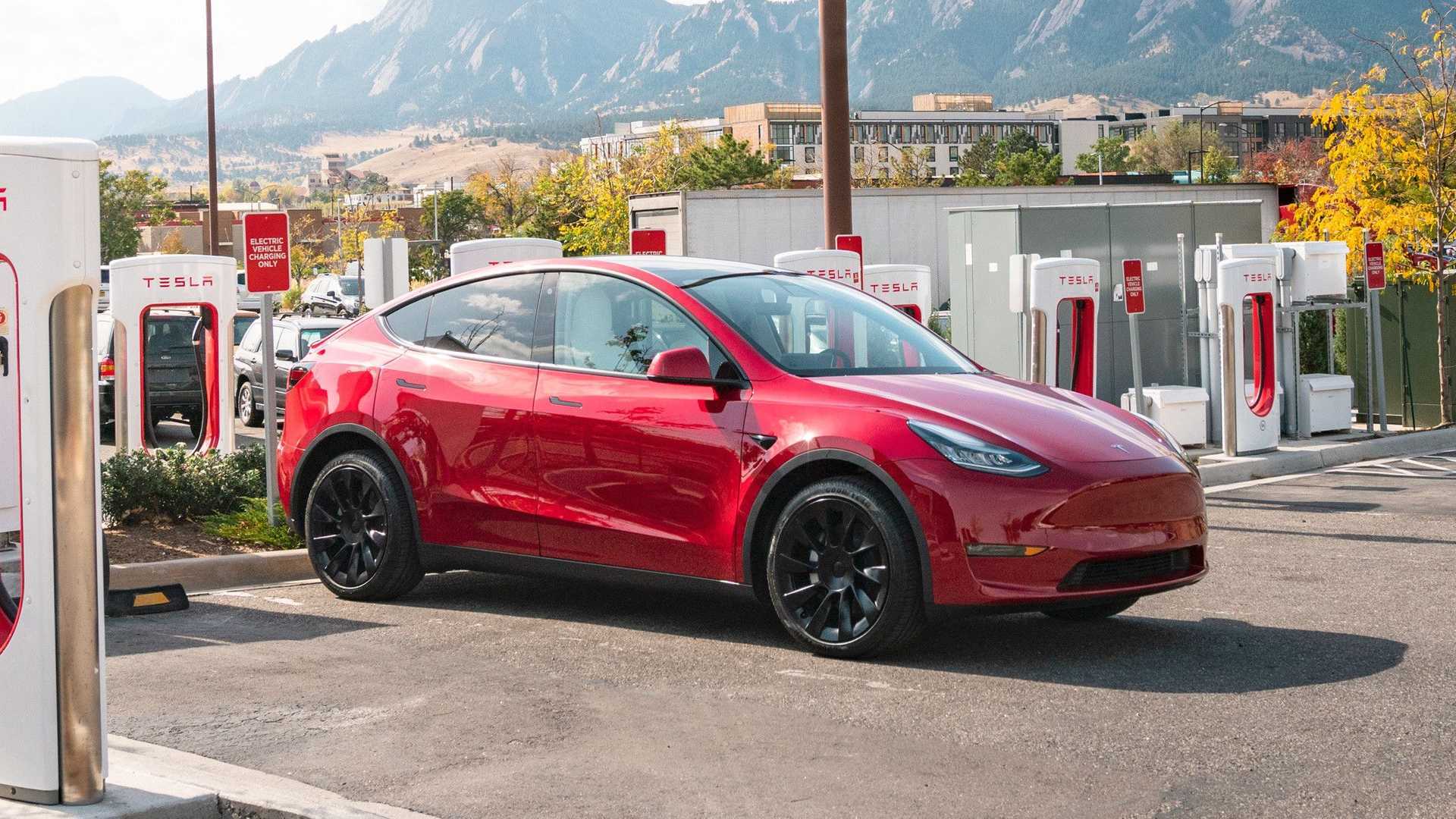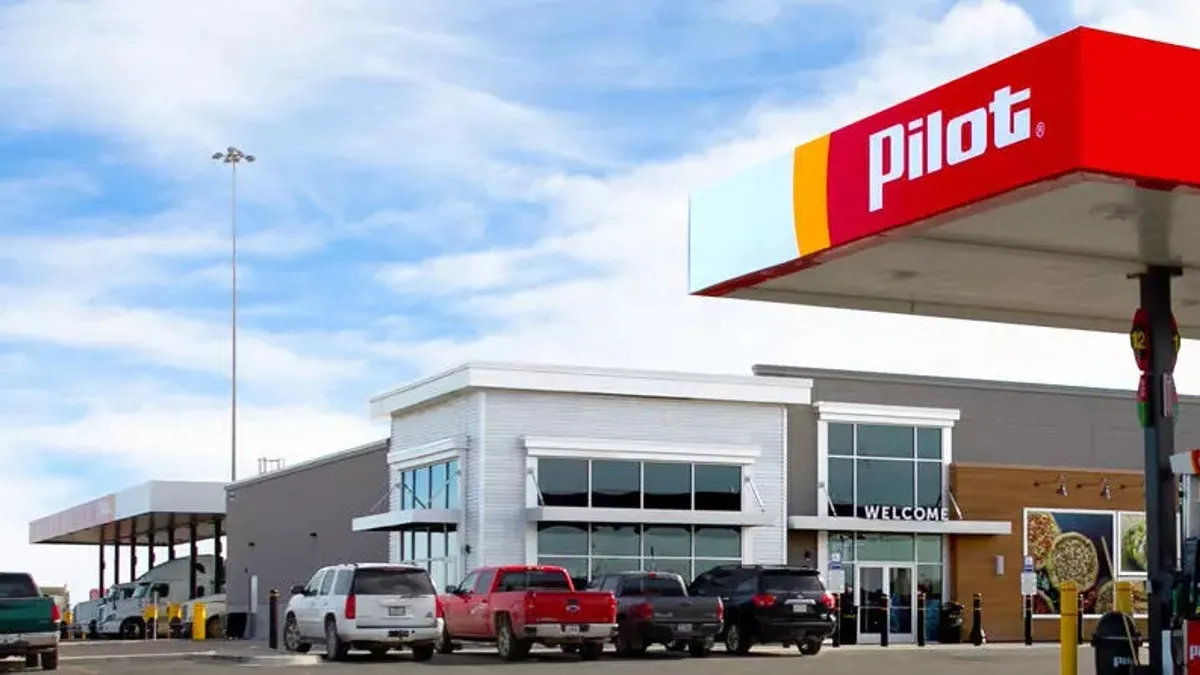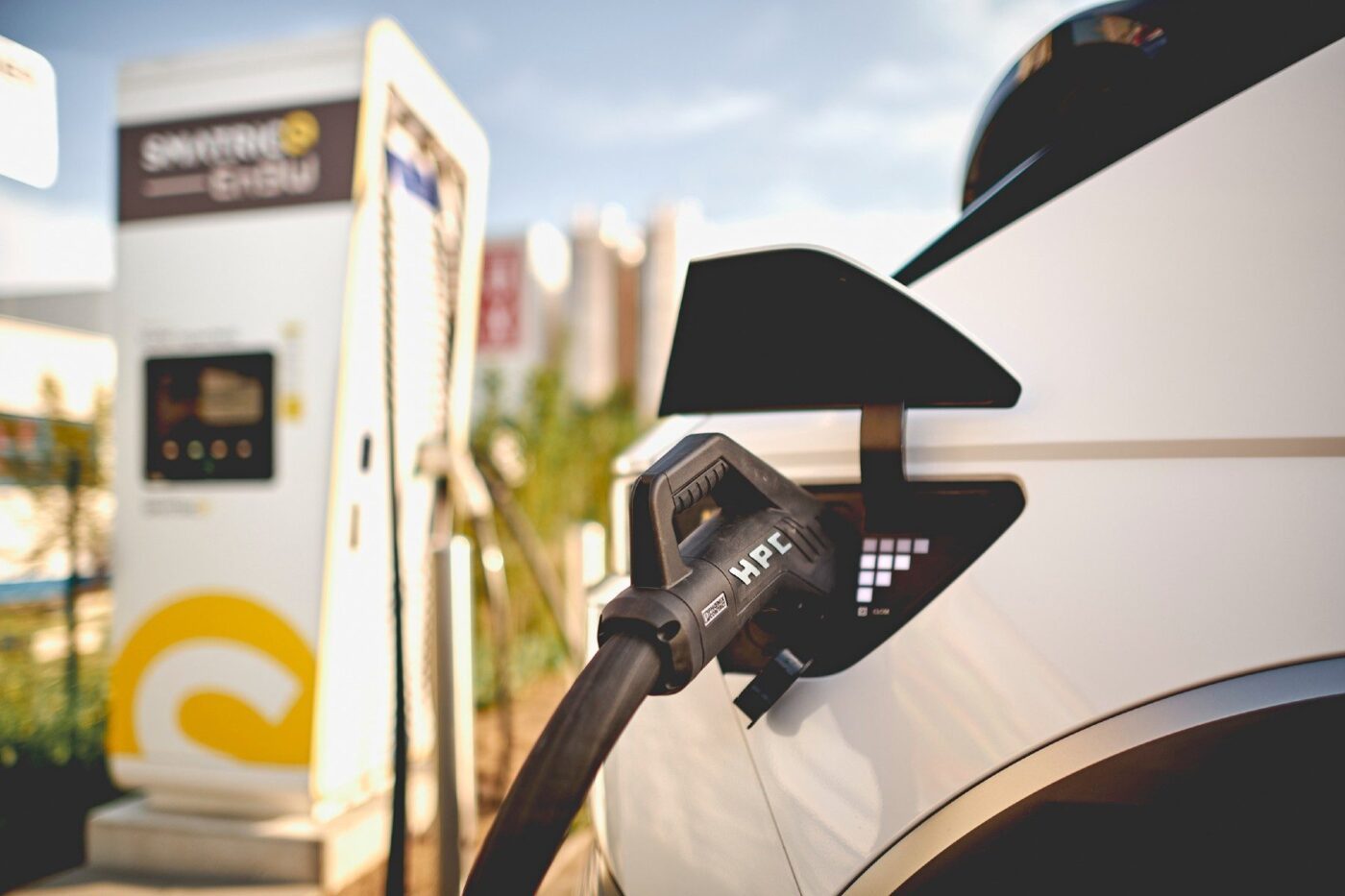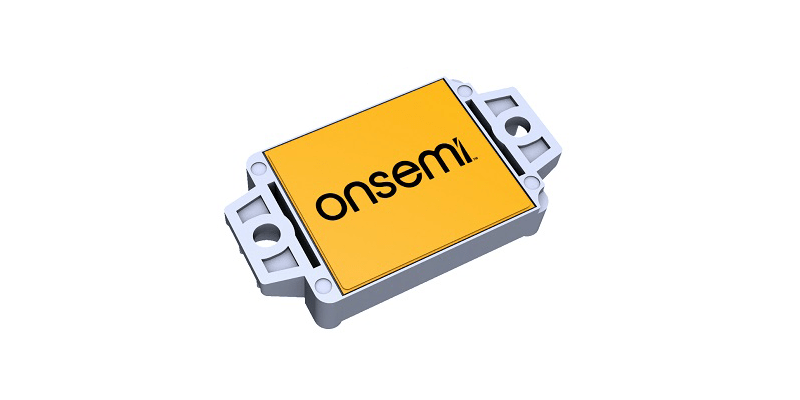A recent study conducted in the United States by Energetics has brought attention to the distinct charging behaviors of electric vehicle (EV) owners, shedding light on the prolonged durations spent at free charging stations compared to their paid counterparts.
The analysis, encompassing 2.4 million charging sessions spanning three years until June 30, 2023, unveiled that the average paid fast-charging session at non-Tesla chargers amounted to 42 minutes. However, when incorporating Tesla Superchargers into the equation, the average charging time decreased to 31 minutes.
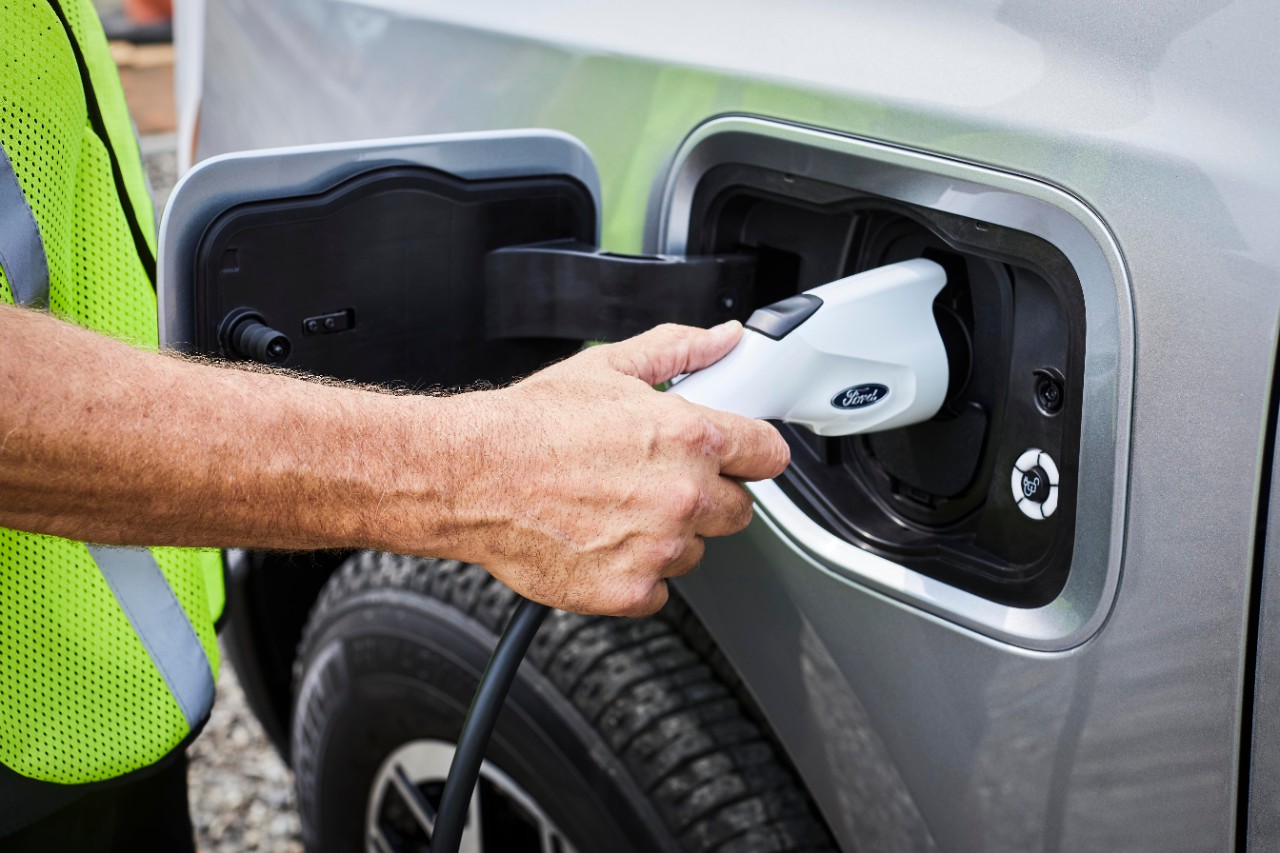
In contrast, the study highlighted that the average free public charging session extended to 1 hour and 18 minutes. Data sourced from EVSession, as reported by Auto News, indicated that the average charging time at a paid non-Tesla fast charger nearly reached 40 minutes in December, compared to an average of around 36 minutes in June. Factors influencing the lengthened charging times included colder weather conditions, enhanced charging station amenities, and the prevalence of larger EV batteries.
Charging analyst and CEO of consulting firm EVAdoption, Loren McDonald, expressed optimism about charging times improving in the future. He anticipates advancements with the introduction of numerous new EV models and an increased installation of fast chargers across the country.
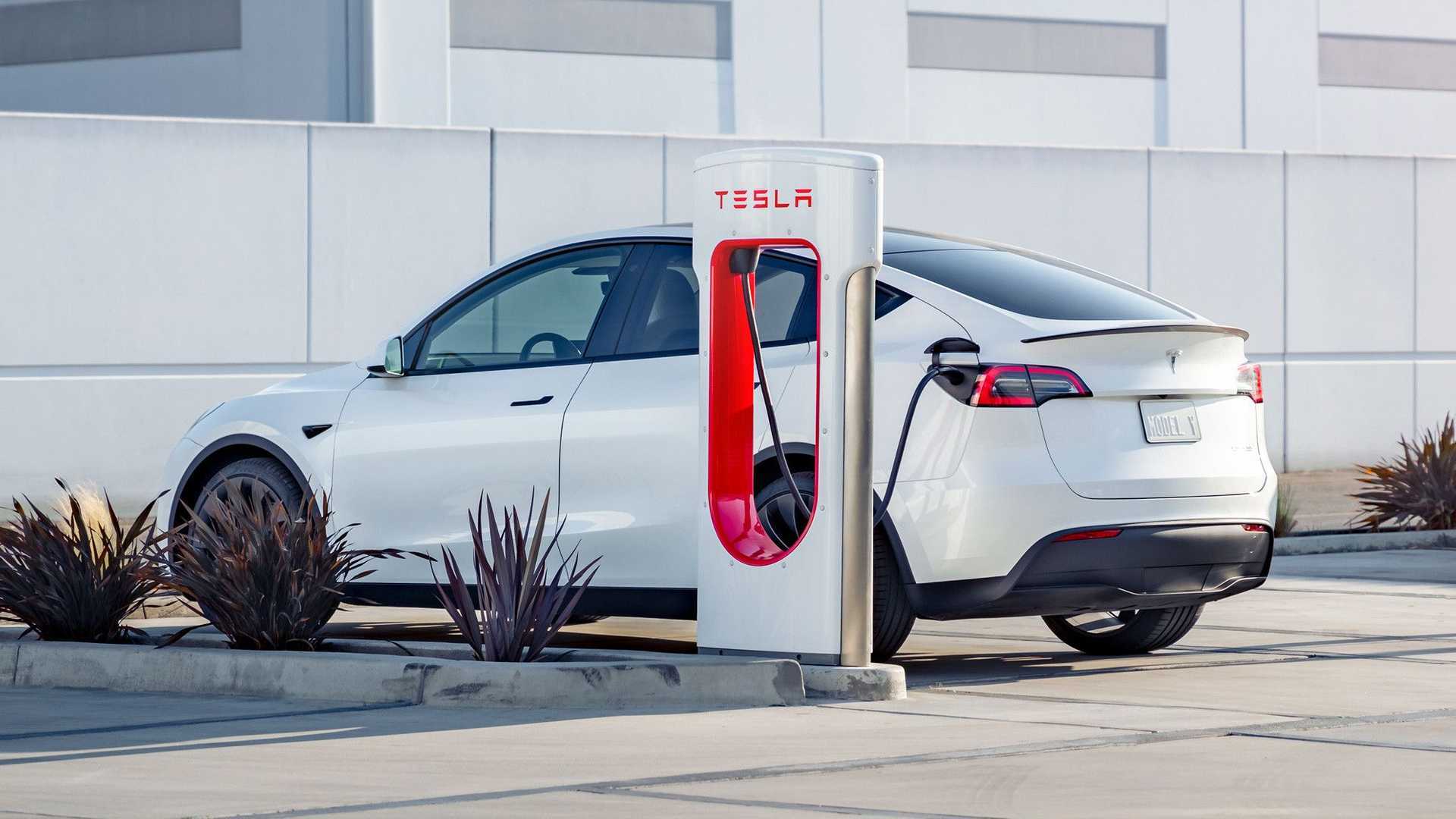
“You have the capability to reduce that charging time by probably 10 minutes or so per session,” McDonald noted. “Twenty minutes is a lot more acceptable to people who are on the fence about EVs than 40 minutes. Forty minutes to them sounds like an hour where 20 minutes sort of sounds like 15 minutes.”
Addressing concerns raised in a study conducted by J.D. Power last year, which revealed declining customer satisfaction with Level 2 public charging, Energetics’ findings emphasize the need for continued improvements in the EV charging experience. J.D. Power’s EV practice executive director, Brent Gruber, emphasized the significance of enhancing public charging experiences to alleviate concerns among current and potential EV users.

